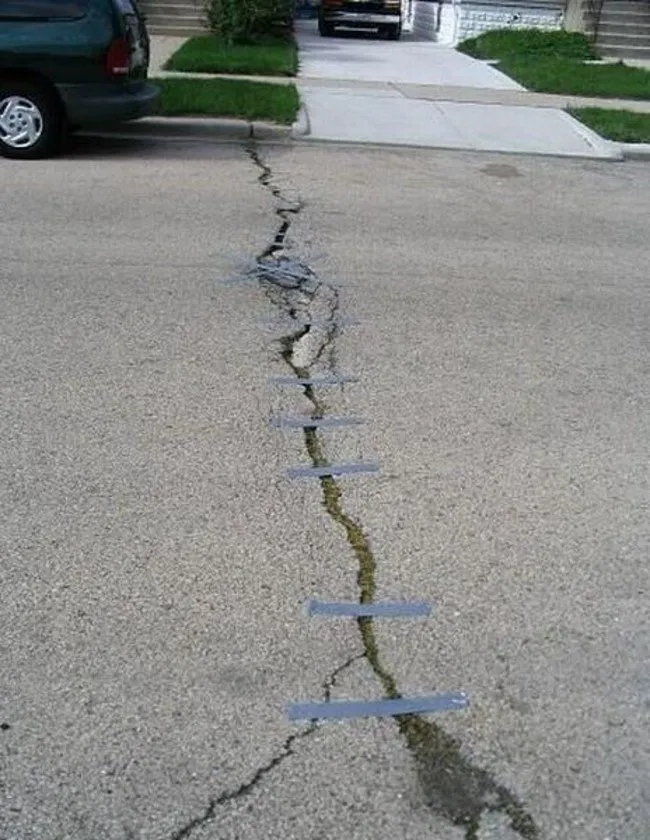A cab driver in the Northern Indian State of Rajasthan has been given a special license by the local authorities, which permits him to drive at speed in reverse. This stems from an incident when his gearbox failed in 2003 and he had to drive home in reverse. The man then decided he wanted to distinguish himself from other cab drivers by becoming an expert in reverse driving and had the gearbox of his Padmini Princess cab (based on a 1950s Fiat) reassembled so that it has four reverse and one forward gear. T
July 16, 2012
Read time: 2 mins
A cab driver in the Northern Indian State of Rajasthan has been given a special license by the local authorities, which permits him to drive at speed in reverse. This stems from an incident when his gearbox failed in 2003 and he had to drive home in reverse. The man then decided he wanted to distinguish himself from other cab drivers by becoming an expert in reverse driving and had the gearbox of his Padmini Princess cab (based on a 1950s 2729 Fiat) reassembled so that it has four reverse and one forward gear. The taxi now has 'Back Gear Champian' painted on its side so that would-be customers should have no doubts as to what to expect, while the driver has no doubt already been told that his spelling is incorrect. The cabbie regularly drives at up to 80km/h in reverse while using an ambulance siren to warn other road users. For his troubles he does suffer severe neck and back problems but says that this is a small price to pay. He has attempted to set a world record but has not as yet managed to have this officially verified.








